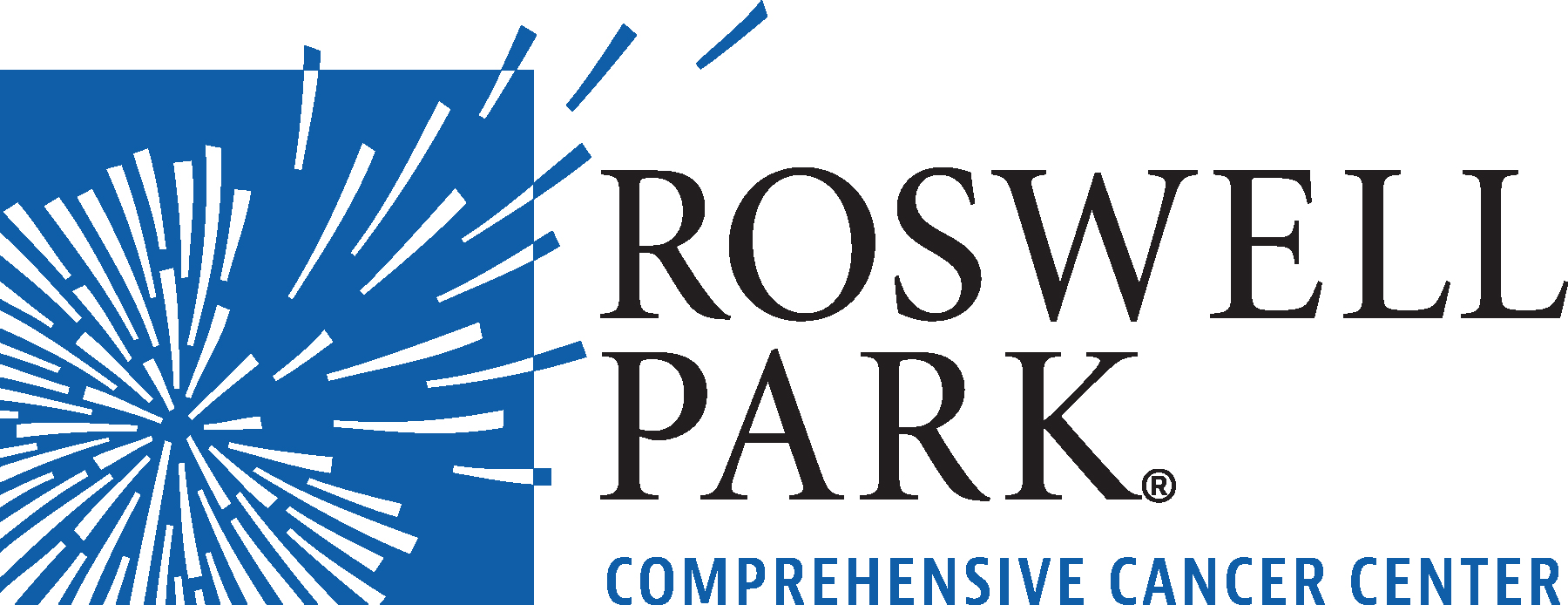Roswell Park Cancer Institute (RPCI) has initiated two Phase II clinical trials to evaluate the safety and effectiveness of photodynamic therapy (PDT) using a newly-developed topical photosensitizing cream, aminolevulinic acid (ALA), for the treatment of various types of skin cancer and actinic keratosis, a precancerous condition. Allan R. Oseroff, MD, PhD, Chairman of the Department of Dermatology, RPCI, is the principal investigator of the studies.
Since it was first developed at RPCI, PDT has been praised for its safety and effectiveness in treating various types of cancer, including skin cancer. PDT originally combined the injection of a non-toxic light-sensitive drug, called a photosensitizer, with red laser light delivered through fiberoptics a few days later to destroy cancer cells. Systemic photosensitizers in current use leave patients very sensitive to sunlight and some other bright lights for six weeks after treatment.
ALA, on the other hand, is a topical photosensitizer, and other studies have found that patients experience this sensitivity for only 24 to 48 hours and only at the site of application. It also appears to cause less scarring and have better cosmetic outcomes. These clinical trials will determine if ALA is as effective as systemic agents in treating skin cancers.
"Roswell Park is a world leader in the use of PDT as a non-surgical alternative for the treatment of skin cancer," noted Dr. Oseroff. "Our hope is that these studies will define optimum ALA dose, the interval between administration of ALA and red laser light, and duration fiberoptic light for the treatment of a multitude of skin cancers."
The studies will focus on patients with cutaneous carcinomas including basal cell, squamous cell, cutaneous T and B cell lymphoma and actinic keratoses. The trials will recruit 150 patients who have been diagnosed with these conditions and do not require systemic therapy. If patients have several different types of eligible lesions, these may be treated during the same session. All patients will be followed for at least two years after treatment.
According to the American Cancer Society, an estimated one million cases of highly curable basal call or squamous cell cancers are diagnosed annually. Up to 50% of Americans will have skin cancer at least once before retirement. For more information on these studies, contact 1-877-ASK-RPCI.
Roswell Park Cancer Institute, founded in 1898, is the nation's first cancer research, treatment and education center and is the only National Cancer Institute-designated comprehensive cancer center in Western New York.
